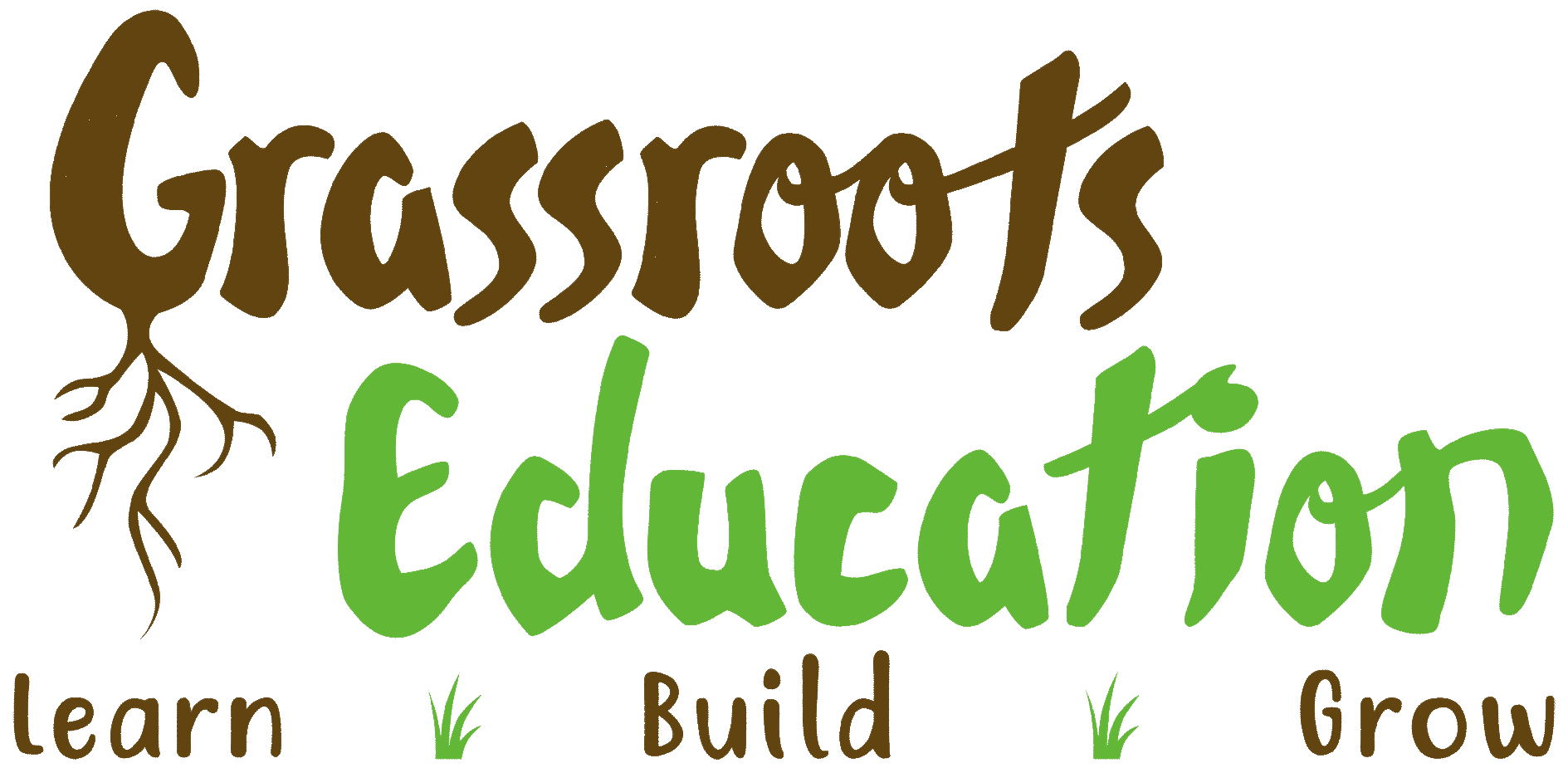Parental Involvement and Students’ Success
The African proverb “It takes a village to raise a child” has often been quoted over time. The notion of “a village” refers to the communal help of bringing up the child in a society. It also highlights the onus of raising a child as being partly on the members of a community, including schools. Accordingly, a child’s upbringing is therefore a collaborative effort, and not solely the responsibility of the parents. The African proverb can be confusing, as well as controversial, since in the 21st century, community members would prefer not to get “involved” in parental duties.
The question might be asked: do parents really know what being involved means? The answer: probably not. As such, it means that administration and staff could consider doing more to communicate with parents about opportunities to become involved in their children’s education. Some parents might think that just helping students with homework means they are being involved. Others might feel that if they attend a school function, that’s being involved. They (administration and staff) could consider how to work with parents to help them become involved in more ways. They should consider becoming more open and creative as they search with parents for ways to work around the obstacles parents have in being involved in their children’s education.
Why are the parents not being involved? They might think, based on their culture that just transporting their students to school constitutes involvement. They may believe that school personnel consider anything more as” meddling.” The school personnel (administration and staff) must seek guidance from parents as to what would allow them to become more involved in children’s education. After a collection of responses, the administration and staff could work with parents in a variety of ways to review all the data and develop a plan for what should be done to improve parental involvement. These efforts would take some weeks or even months to complete.
Parental involvement should and could include the use of interpreters, day/night/weekend meetings, and workshops. Parents can be involved by helping students with homework, volunteering for school activities, attending and participating in PTA meetings, attending Back to School Night, attending teacher/parent conferences, replying to the student’s teacher’s emails or phone calls. Parents can also volunteer to be a class parent, assist with extra curricular activities, participate in Fundraising Event, Reading Partner Program, become a class adviser, start a Community Book Club, attend Board of Education Meetings, Chaperone Field Trips.
Parental involvement helps to foster an encouraging school climate and it sends a message to the students and administration that parents care about their students and want them to succeed. It can also reduce or eliminate negative behaviors and students will feel a sense of pride knowing that their parents are involved and at times learning also. This definitely encourages students since at times the skills that are being taught in Math for instance, are new to the parents.


This article was enjoyable, scholarly written and timely considering the challenges we face in educating our children. Thanks for the insightful perspective. I look forward to sharing the same with my staff.
I am endorsing this Website.Your best days are ahead.
Well said! Parent involvement is always a challenge as an educator. However, as educators we have just as much of a commitment to educate parents as we do the students!
Thanks so much for your support and kind words of inspiration.